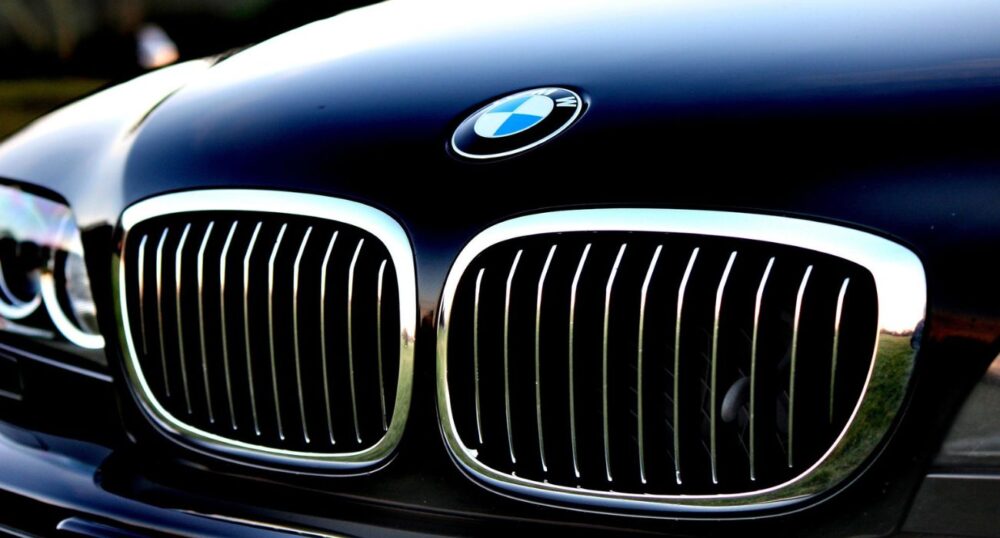Luxury car company BMW has instituted a recall for its SUVs due to a problem with the propellant in the airbags.
The vehicle’s airbags, manufactured by Takata, use ammonium nitrate as the propellant to create the discharge necessary to inflate the airbags.
When exposed to moisture and high temperatures, however, ammonium nitrate can deteriorate over time, causing it to discharge with too much force. As a result, the metal airbag canister can blow apart and send shrapnel flying, resulting in injury or even death. At least one such case has already been reported.
National Highway Traffic Safety Administration (NHTSA) records indicate that an airbag in a 2014 X3 in Chicago exploded in October, sending shrapnel into the driver and piercing the driver’s lung, according to WFAA.
The company issued a recall for 2014 models of its X3, X4, and X5 SUVs stating, “The inflator may contain a supplier production anomaly.”
BMW said that the temperature and humidity of specific regions may also affect how the propellant in these airbags degrades over time and that the difference would determine when airbag recall mailings would be sent. States like Texas, Louisiana, and Florida, are in “Zone A,” which has been given “top priority” because the propellant could degrade in six to nine years.
The most recent recall affects 486 vehicles that have a Takata PSDI-X airbag inflator near the driver. Although preliminary investigations are still ongoing, investigators believe that the alleged anomaly came from a “manufacturing error” at the Takata facility in Monclova, Mexico.
In May, the NHTSA announced a “Do Not Drive” notice for 90,000 BMW cars produced between 2000 and 2006 due to defective Takata airbags, as reported by The Dallas Express.
“These vehicles are 17 to 22 years old, and the risk to vehicle occupants is dire. These are some of the oldest Takata airbags under recall and have an extremely high probability of failure during a crash,” said the NHTSA. “If the inflators rupture, the metal fragments ejected toward the driver’s face could kill or leave them with devastating, life-altering injuries.”
NHTSA officials plan to continue their investigation. The Dallas Express reached out to BMW for comment but did not hear back by the time of publication.

